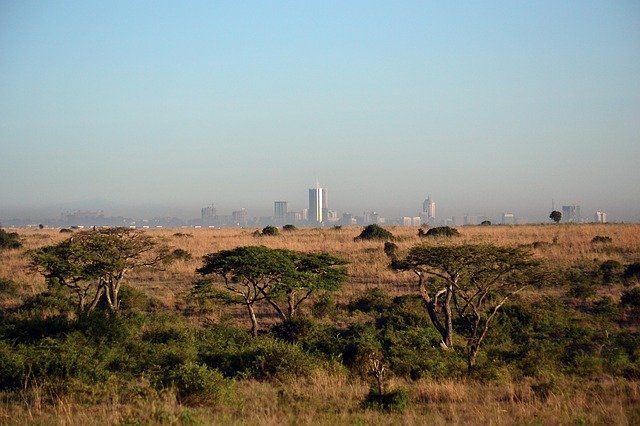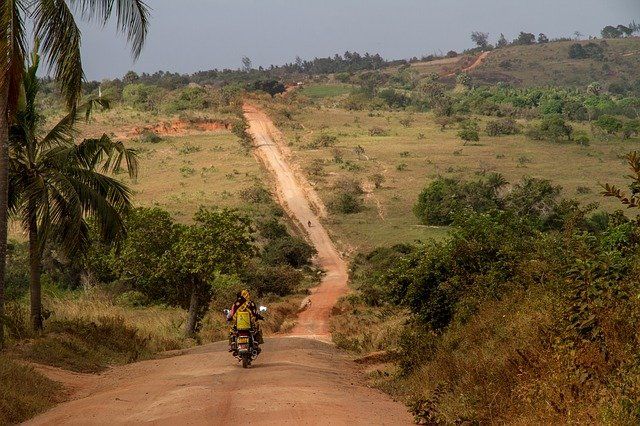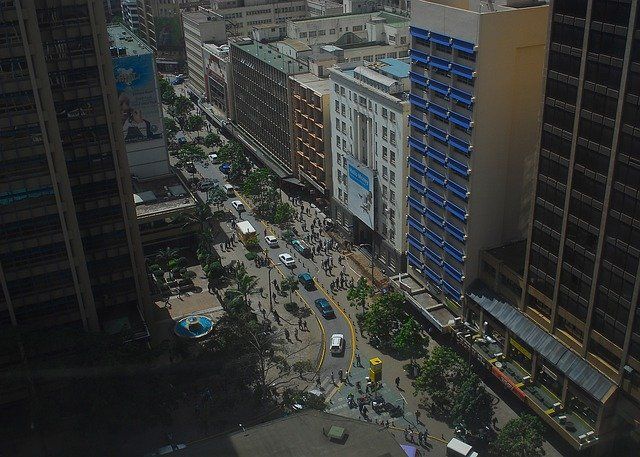
European missionaries, like David Livingstone and Joseph Thompson, brought the gospel to Kenya during the nineteenth century. The Presbyterian Church began work in Nairobi and, based there, moved into the centre of Kenya. The Africa Inland Mission worked in the White Highlands, the Rift valley and Eastern Kenya.
Kenya ceased to be a British Crown Colony in December 1963, a change anticipated by the Mau Mau insurrection of the 1950s in which religious revolt against ‘white man’s religion’ (Christianity) turned into a movement for independence. But Kenyan independence furthered the propagation of the gospel, encouraging evangelism on an indigenous basis.
Since 1964, the rapid growth in the churches has been aided by three other factors — peace that has prevailed in society; a sympathetic political climate (two presidents have encouraged the spread of the gospel); and a constitution that guarantees freedom of worship.
Language barriers
Kenya’s people comprise forty-two ethnic groups, and each of these has a different dialect. This presents major language barriers, especially as the Bible and Christian literature have, until recently, only been available in English and Kiswahili.

A poor infrastructure has made travel difficult. Other problems to be overcome have included traditional African practices, the distractions of hunger and insecurity, and the influence of Islamic religion. The Islamic northern areas of Kenya are geographically arid and inhabited by pastoralist tribes. They are exposed to cattle rustlers and the unrest spreading from the neighboring countries of Somalia, Sudan and Ethiopia.
Religious barriers
Muslims, found mainly in the north-eastern and coastal areas, make up nearly a tenth of the population. They have resisted evangelisation and have persecuted any believers in their midst. For example, one day I was involved in an open-air meeting in one of their towns. As we began singing, young children started arriving at the venue, while older people watched us from a distance.
As soon as I began to preach, the adults started stoning us. We continued preaching and then the adults chased away the children, and we lost our congregation. However, the children came back, only to be chased away again. But God continued working in the children, and they came back again! They listened to the gospel and some turned to Christ.

It needs much grace to stand as a Christian in a Muslim family. One young girl professed faith in Christ, but her parents put her out of the family and stopped paying her school fees. In another incident, I was preaching in a secondary school and a Muslim girl was saved. At the end of term she went home for her holidays and told the parents that she was now a Christian. She was then put out of the home, and subsequently wrote to me. We were able to pray together. Eventually God answered prayer and softened her parents’ hearts: the girl’s morals had improved drastically since she became a Christian.
Cultural barriers
The Evangelical churches, unlike the independent churches, have well-defined structures of church leadership, but many pastors have had little or no theological training. The need for sound Christian literature, especially for books on basic Christian doctrine, is great. Each convert must be taught early the radical differences between the gospel and traditional African religion. All need protecting against unhelpful Western influences, such as the programmes shown on TV and worldly literature, which is infiltrating the nation and the churches at a very fast rate. These influences are especially affecting urban Kenyans and young people.
Challenges
Among the remaining challenges to the churches in Kenya are two particular needs: to communicate the gospel to illiterate old people, and to thoroughly evangelise the Muslim-dominated coast and North Eastern Provinces, and the areas occupied by nomadic tribes. These tribes include the Pokots, Turkanas, Masai, Samburu, Marsabit and Moyale.









